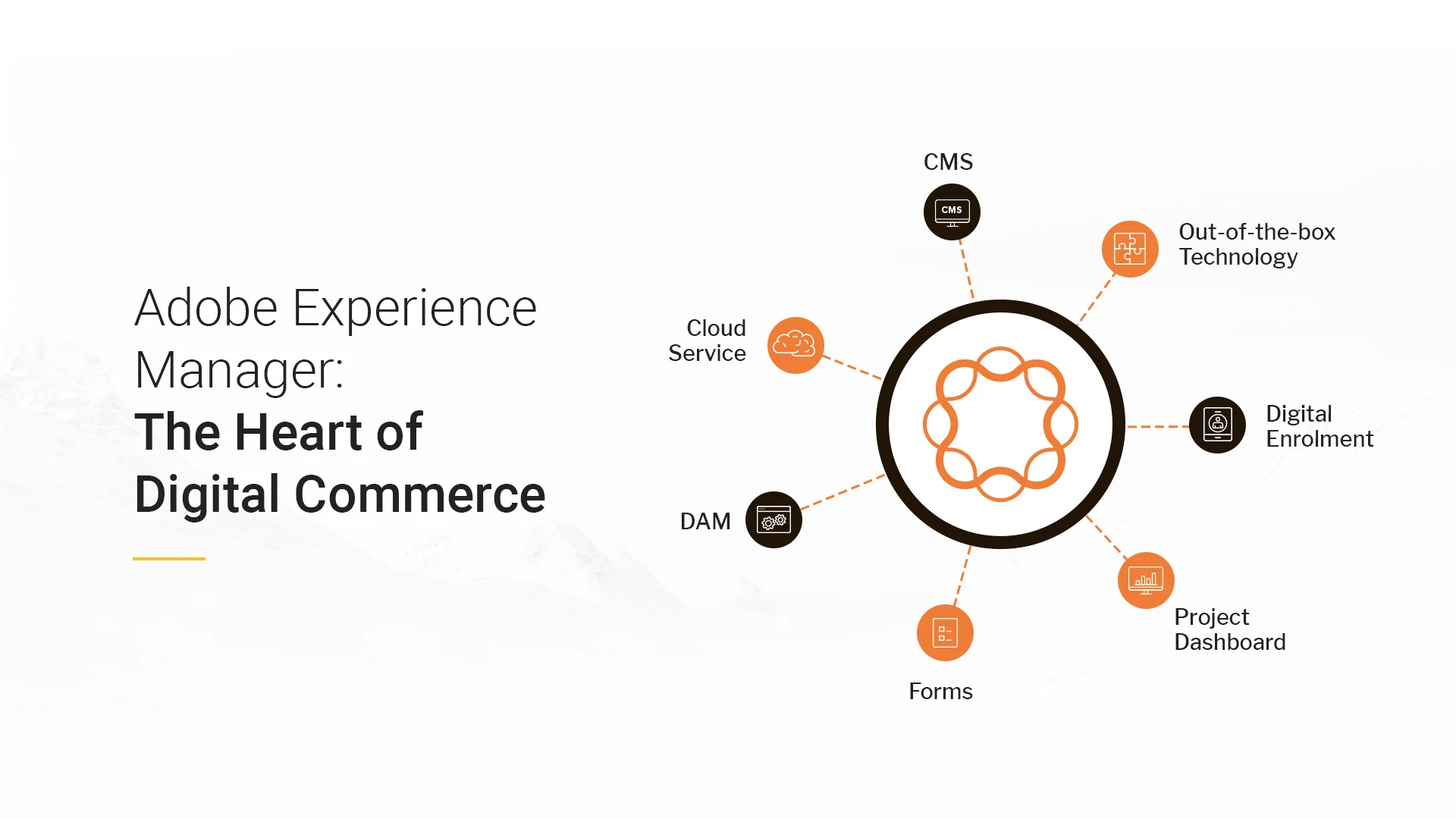WordPress in 2025: Still Ruling the Web, and Embracing AI
Let’s talk WordPress. Believe it or not, nearly half of the websites you visit are powered by it. As of mid-2025, WordPress remains the undisputed leader among content management systems. According to W3Techs, 43.4 percent of all websites on the internet run on WordPress. That’s staggering dominance compared to the next closest platforms—Shopify at around 4.6 percent, Wix at 3.2 percent, Squarespace at 2.2 percent. When you zoom into sites using a CMS, WordPress commands about 60 percent of the market. ThemeHunk - Premium WordPress Theme ShopWordPress.com
In raw numbers, that adds up to over 529 million websites worldwide, all running WordPress. WPExpertsWPZOOM Pretty wild, especially when you reflect that the platform was born in 2003 as a blogging tool by Matt Mullenweg and Mike Little. ThemeHunk - Premium WordPress Theme ShopWikipédia
So what keeps WordPress at the top? Here’s what’s driving its staying power in 2025:
Big Names Rely on WordPress
You’d be surprised how many household brands use WordPress under the hood. Sites like the PlayStation Blog, Sony Music, Spotify Newsroom, NASA, New York Post, and even The Obama Foundation are powered by WordPress. It’s more than just a tool for bloggers, it’s enterprise-grade, scalable, and flexible. Blacksmith
AI Is Becoming Part of the Story
WordPress isn’t just resting on its laurels. It’s actively weaving AI into the platform. For starters, WordPress.com launched a free AI-powered website builder in April 2025. Using simple text prompts, users can generate layouts, text, and images. Free users get 30 prompts; premium subscribers get unlimited access. It’s a tidy way to get online faster, even if you don’t know code. Wikipédia
Then there’s 10Web, offering a native generative AI plugin for self-hosted WordPress. Just chat your site idea, and the plugin builds out a mobile-ready site (with WooCommerce support), stripping away the need for third-party builders. Early users are reportedly 30 percent more likely to publish their site using this approach. TechRadar
On top of those developments, WordPress has a dedicated AI Team that’s exploring how to weave artificial intelligence into workflows—improving speed, code quality, content creation, and more. Make WordPress
Plugins are another booming area. From Hostinger AI Assistant for content creation to tools like AIOSEO, RankMath, JetPlugins AI, Divi AI, and more, AI is reshaping nearly every aspect of site building. HostingerCloudwaysElementor
The Tech Side: Headless, Blocks, Full Site Editing
WordPress in 2025 isn’t just about writing blog posts, it’s about building whole digital ecosystems. Key trends pushing the platform forward:
- Headless architecture is on the rise. Developers separate the content hub (WordPress) from the front-end (built in React, Vue, Next.js), connected via APIs to give sites a speed and flexibility boost. WPDeveloper
- Block themes and Full Site Editing (FSE) are now mainstream. Site builders can control entire designs through the Site Editor, manipulating global styles, typography, and layouts visually—without touching code. Tools like theme.json, pattern libraries, and custom blocks are changing how design gets done. WPDeveloper
This evolution is turning WordPress into a full-blown modern web builder, not just a blogging platform.
A Community That Still Gathers, and Has Its Tensions
WordPress is nothing without its community, and events like WordCamp Europe 2025 in Basel showed just how vibrant that is. Over 1,860 people from 84 countries gathered to talk plugins, AI tools like Cloudways Copilot, localization, headless development, and more. Speakers included Matt Mullenweg and WordPress Executive Director Mary Hubbard, sharing their vision for contributor credits, plugin security, and the future of WordPress. TechRadar
That said, the community isn’t without drama. Earlier in 2024, Matt Mullenweg publicly criticized WP Engine for using the open-source platform without giving back, even calling them “a cancer.” The exchange turned legal, and it laid bare the delicate balance between open-source ideals and commercial realities. The VergeWikipédia
WordPress in 2025, in Human Terms
WordPress still runs the show. With over half a billion sites using it, and nearly 43-44 percent of all websites globally, few platforms even come close. Its power is bolstered by massive adoption, big-name users, leaps into AI-driven site building, robust development frameworks, and a powerhouse, if occasionally drama-filled, community.
It doesn’t feel like slowing down, WordPress is adapting, innovating, and proving that open-source can still lead the web in new, exciting ways.
Sources
- W3Techs World Share Stats (WordPress market share, other CMS) WordPress.comThemeHunk - Premium WordPress Theme Shop
- Total number of WordPress sites, overall usage WPZOOMWPExpertsHostinger
- Origins, founding, history of WordPress ThemeHunk - Premium WordPress Theme ShopWikipédia
- Major companies using WordPress (PlayStation, Spotify, NASA, etc.) Blacksmith
- WordPress.com AI-powered site builder launches (April 2025) Wikipédia
- 10Web’s native AI builder plugin for WordPress TechRadar
- WordPress AI Team created to coordinate AI ecosystem integration Make WordPress
- AI plugins and tools for WordPress (Hostinger AI, Divi AI, etc.) HostingerCloudwaysElementor
- Headless WordPress, block themes, full site editor trends WPDeveloper
- WordCamp Europe 2025 event details TechRadar
- Automattic vs WP Engine dispute, open-source community conflict The VergeWikipédia
More
more
like this
like this
On this blog, I write about what I love: AI, web design, graphic design, SEO, tech, and cinema, with a personal twist.














